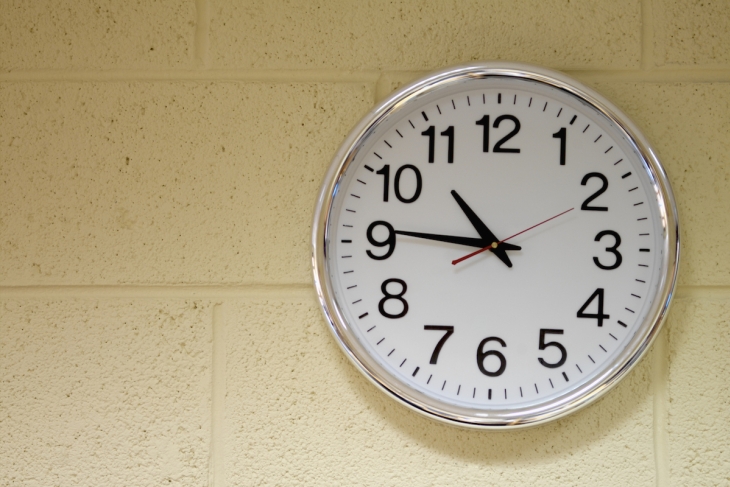A new report released last week by the Center on Reinventing Public Education (CRPE) explores the pandemic’s impact on America’s oldest students—those in high school and the 13.5 million who recently graduated.
The State of the American Student: Fall 2023 is the second in a series of annual reports that CRPE plans to publish through 2027. It summarizes data about how today’s high schoolers are doing when it comes to academic recovery, and it paints an alarming picture. ACT college admission scores are the lowest they’ve been since the early 1990s, for example, and test scores show that it will take the average eighth grader an additional seven and a half months to catch up to pre-pandemic levels in reading, and more than nine months in math. Despite a record $200 billion in federal pandemic relief funding, the report describes how strategies for catching K–12 students up have mostly fallen short, and why there’s no time to spare to change course, particularly when it comes to high schoolers. As the report stresses, “these students have the least time to get back on track and demand our urgent attention.”
Fortunately, CRPE’s report offers compelling recommendations for getting schools and students on the path to recovery. It features essays from fourteen experts, such as National Parents Union President Keri Rodrigues and former Tennessee commissioner of education Kevin Huffman, alongside reflections and suggestions from high school students and recent graduates. They offer creative ideas and solutions for better meeting the unique needs of our current and future generations of students, including calling for more state and federal research and transparency on how students are faring, and identifying ways in which to strengthen pathways to college and career.
In one essay, Virginia Secretary of Education Aimee Guidera writes about the state’s fueled sense of urgency and commitment to change, particularly when it comes to “breaking down the walls between education and work, blowing up the one-size-fits-all approach to education, and providing students, especially those who have been marginalized in the past, exposure to the careers of the future.” Leaders recently created an “Office of Innovation” within the Virginia Department of Education to learn from and replicate successful innovative efforts across the state. Guidera also describes Virginia’s renewed focus on parent empowerment and information, and steps to better provide parents with clear, actionable information about individual student and school performance. As she explains, “We are using data as a flashlight, not a hammer, to inform better decisions at kitchen tables, classrooms, school boards, and the State Capitol.”
In another essay, Aaliyah Samuel, President and CEO at the Collaborative for Academic, Social, and Emotional Learning (CASEL), describes innovative ways that educators are redesigning education to emphasize social and emotional learning (SEL) in the classroom, prioritizing the relationships among students and with adults, but also strengthening partnerships between schools and families. She stresses, “SEL is not a distraction from academics, but a tool that can help us build relationships so we can get to academic recovery and success.”
Full of urgency and creative ideas, CRPE’s latest report is a timely call to action and a powerful complement to another new report released last week by the Building Bridges Initiative, a group of bipartisan group of education advocates convened by Fordham and our colleagues at Democrats for Education Reform. The Initiative’s final report, A Generation at Risk, similarly concludes that today’s K–12 students need much more if they are to meet the challenges of the future. It calls for policymakers and education leaders to better track and publicly report on academic recovery efforts, to aim for a broader definition of student success, and to enable a broader set of providers (inside and outside of schools) to work together to meet students’ needs.
Given the magnitude of today’s educational crisis, both reports are a much-needed reminder that time is running out to help our nation’s students recover academically and to prepare them for successful futures, especially for students most in need of urgent solutions. As CRPE’s report concludes, “This is an all-hands-on-deck moment for the U.S. education system.” The time to take bold, collective action is now.
SOURCE: “The State of the American Student: Fall 2023,” Center on Reinventing Public Education, Mary Lou Fulton Teachers College, Arizona State University (September 2023).


